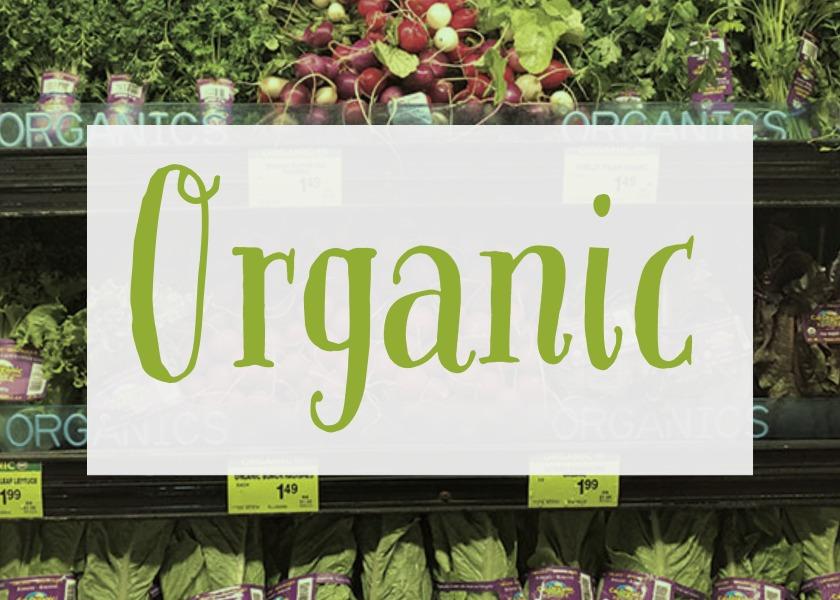Solutions for organic produce sector — Storage capacity, profitability, water, labor and others

Organic growers and marketers are facing the vice of higher input costs on one side and the desire to limit price increases for customers on the other.
The Packer asked organic marketers about the industry’s biggest challenge right now, and the rising prices were one issue that several respondents mentioned.
In a word, profitability is the biggest issue for organic growers and suppliers, said Brian Bocock, vice president of product management for Naturipe Farms.
Read related: Retailers drive up organic produce sales with key strategies
Organic growers/marketers are experiencing increased costs of production, packaging, services, ocean freight, truck freight and more, said David Posner, president and CEO of Awe Sum Organics, Santa Maria, Calif. At the same time, suppliers need to keep sales prices down for customers as inflation, potential recession and many expenses for customers and consumers continue to increase.
Matching up supply and demand on specific varieties can also be challenging, said Kevin Stennes, organic sales manager for Chelan Fresh, Chelan, Wash. “We continue to remove orchards and plant new orchards in order to have the right combination and volumes of varieties the consumers want, as well as storage strategy to offer those varieties all season.”
Inflationary costs at the growing and packing operations are also a significant concern, he said.
Read related: New report shows organic policy opportunities for upcoming farm bill
Finding more sustainable growing practices to stay efficient and profitable while providing an affordable product for consumption is an important focus, said Joel Hewitt, organic sales manager for CMI Orchards, Wenatchee, Wash.
Infrastructure needs also are important, said Chuck Sinks, president of sales and marketing for Sage Fruit Co., Yakima, Wash.
Read related: Sage Fruit expects increase in organic availability
“One of the biggest hurdles in organic farming is the product’s limited storage capability,” Sinks said. “With the growing season experiencing weather-related issues, it has caused decreased volume industry-wide; it’s going to be a challenge to keep retail shelves stocked for the entire year this year on organics.”
Like conventional growers, labor and water are common concerns of organic growers, said Rachel Mehdi, senior sales representative with The Oppenheimer Group.
Solutions and next steps
The Packer also asked suppliers what one thing the industry or government could do to “significantly expand demand for organic produce.”
“[The] industry needs to continue to diversify offerings, introduce new and exciting varieties and engage with consumers via multiple social media experiences,” said Stennes. “Government should stay out of it [except for certification] and let the private sector do what we excel at.”
Elise Smith, marketing manager for Home Grown Organic Farms, Porterville, Calif., said the government could better support organic produce in schools.
Chris Ford, business development and marketing manager for Viva Tierra Organic, Mount Vernon, Wash., agreed that one way to expand demand for organic produce is to ensure kids have access to healthy fresh food in school systems.
Sinks said another step industry or government could do is to create an industry-wide television commercial promoting the benefits of organic produce in their diets.
Mehdi of Oppy said legislative incentives at the farmer and retail level would absolutely help drive commitment and opportunities in organics.







